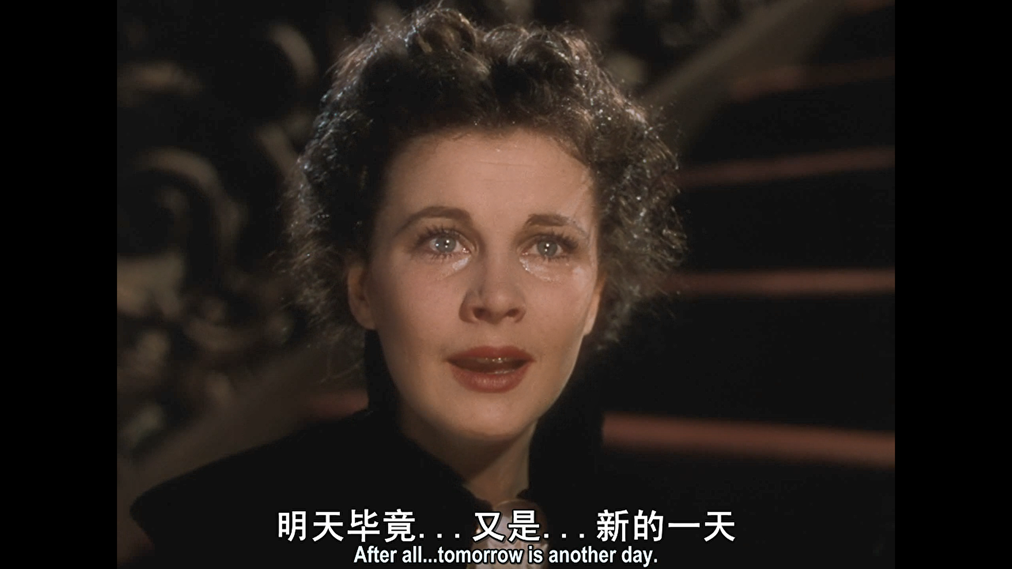每日外闻9
Steven Pinker’s new book makes a powerful case for why the world is getting better.
Pinker is at his best when he analyzes historic trends and uses data to put the past into context. I love how he’s willing to dive deep into primary data sources and pull out unexpected signs of progress.
Here are five of facts from the book that show how the world is improving:
-
You’re 37 times less likely to be killed by a bolt of lightning than you were at the turn of the century.
we have better weather prediction capabilities, improved safety education, and more people living in cities.
-
Time spent doing laundry from 11.5 hours a week in 1920 to an hour and a half in 2014.
The rise of the washing machine has improve quality of life by freeing up (释放) time for people-mostly women-to enjoy other pursuits. This might sound trivial in the grand scheme of progress. But that time represent nearly half a day every week that could be used for everything from reading a book to starting a new business.
-
You’re way less likely to die on the job.
Every year, 5,000 people die from occupational accidents in the U.S. But in 1929—when our population was less than two-fifths the size it is today—20,000 people died on the job. People back then viewed deadly workplace accidents as part of the cost of doing business. Today, we know better, and we’ve engineered ways to build things without putting nearly as many lives at risk.
-
The global average IQ score is rising by about 3 IQ points every decade.
Kids’ brains are developing more fully thanks to improved nutrition and a cleaner environment. Our world today encourages abstract thought from a young age, and it’s making us smarter.
-
War is illegal.
This idea seems obvious. But before the creation of the United Nations in 1945, no institution had the power to stop countries from going to war with each other. Although there have been some exceptions, the threat of international sanctions (制裁) and intervention has proven to be an effective deterrent (威慑) to wars between nations.
People all over the world are living longer, healthier, and happier lives, but in our daily life news tend to report something grab everyone’s eyes which rare happen in our ordinary life.
He’s quick to dismiss (不予理会) the idea of robots overthrowing (推翻) their human creators. While I don’t think we’re in danger of a *Terminator-*style scenario (场景,情节), the question underlying that fear—who exactly controls the robots?—is a valid one. We’re not there yet, but at some point, who has AI and who controls it will be an important issue for global institutions to address.
At the end of Enlightenment Now, Pinker argues that “we will never have a perfect world, and it would be dangerous to seek one. But there is no limit to the betterments (改善) we can attain(获得,达到) if we continue to apply knowledge to enhance human flourishing (繁荣的)."
The world is getting better, even if it doesn’t always feel that way. I’m glad we have brilliant thinkers like Steven Pinker to help us see the big picture. It’s my new favorite book of all time.
See you tomorrow












